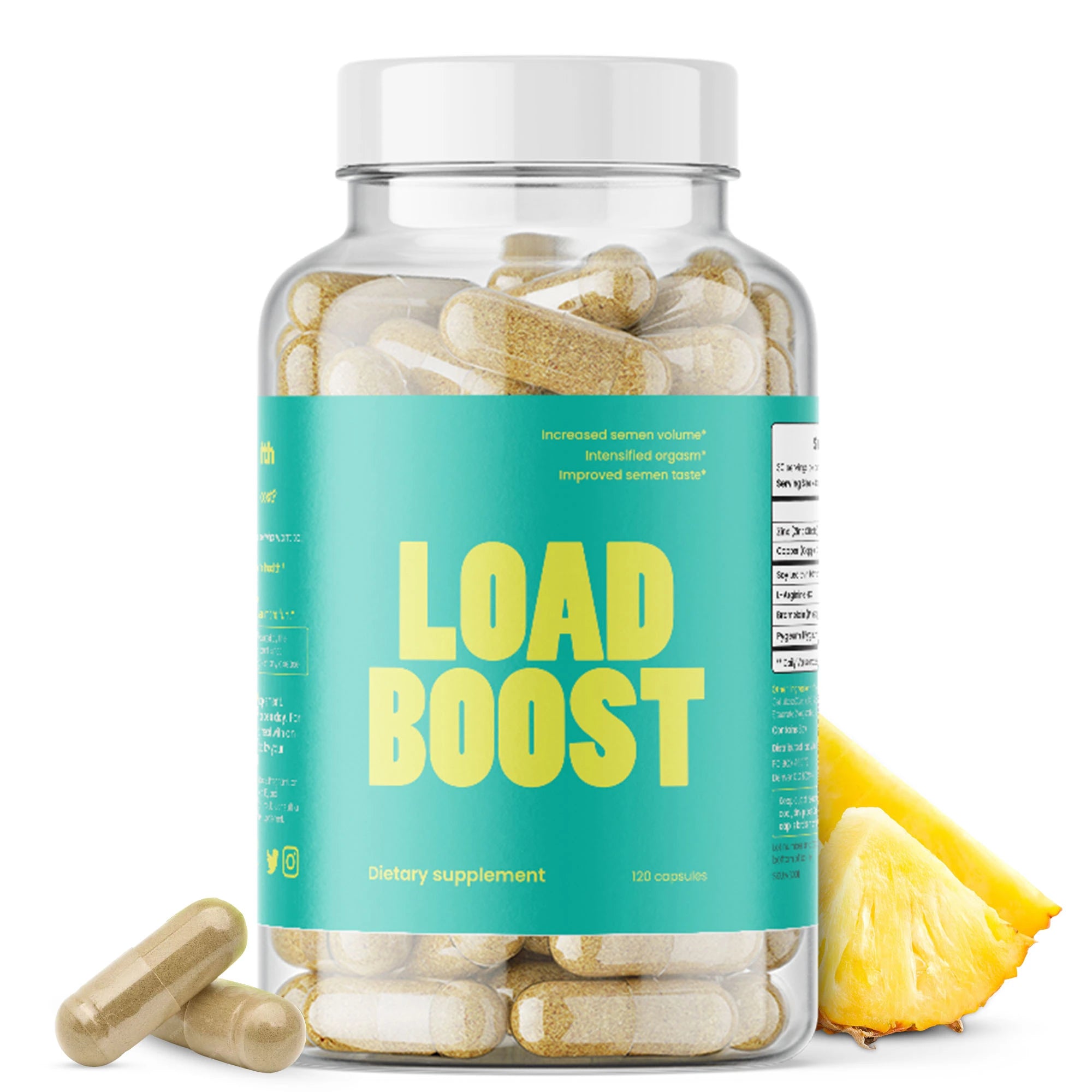The Bristol Stool Chart is a valuable tool for understanding and monitoring bowel health.
Among the seven types classified on the chart, Bristol Type 4 poop stands out as the gold standard. Characterized by its smooth, soft consistency and snake-like shape, this stool type is often considered the hallmark of a healthy digestive system.
What Is Bristol Type 4 Poop?
Bristol Type 4 poop is smooth and soft, resembling a sausage or snake. It’s typically easy to pass and doesn't contain any noticeable lumps or cracks. This type of stool is indicative of a well-functioning digestive tract, where the balance between dietary fiber intake and hydration is just right, allowing for regular, strain-free bowel movements.
Causes and Health Implications
Dietary Influences
Achieving and maintaining Bristol Type 4 poop largely comes down to diet. A balanced intake of soluble and insoluble fibers plays a crucial role. Soluble fiber, found in foods like oats, nuts, and seeds, helps to soften the stool, while insoluble fiber, found in whole grains and vegetables, adds bulk.
Hydration Levels
Proper hydration is essential for Type 4 stools. Water helps to dissolve soluble fibers, creating a gel-like substance that ensures the stool remains soft and passes easily.
Health Conditions
Typically, Bristol Type 4 poop is not associated with any adverse health conditions. Instead, it's a sign that the digestive system is operating efficiently and effectively.
How It Affects Your Body
Regularly experiencing Type 4 stools can have a positive impact on your overall health and well-being. This stool type is associated with a lower risk of gastrointestinal discomfort, hemorrhoids, and constipation, thanks to its ease of passage.
When to See a Doctor
Although Bristol Type 4 is an indicator of good health, sudden changes in bowel habits or stool appearance should not be ignored. Consulting with a healthcare provider can help address any potential issues before they become more serious.
Tips for Healthy Bowel Movements: Achieving Bristol Type 4 Poop
Adjusting Your Diet
Aim to incorporate a variety of fiber-rich foods into your diet. Fruits, vegetables, whole grains, and legumes are all excellent sources. Balancing soluble and insoluble fibers can help maintain the ideal stool consistency.
Optimizing Hydration
Drink enough water to match your body’s needs, which can vary based on factors like weight, activity level, and climate. A general rule is to drink eight 8-ounce glasses of water a day, adjusting as needed.
Exercise Recommendations
Regular physical activity is beneficial for digestive health. Activities such as walking, cycling, or swimming encourage bowel regularity and can help maintain Type 4 stools.
Routine and Lifestyle Changes
Establishing a regular routine for bowel movements can enhance digestive health. Additionally, practices such as stress reduction and mindfulness can positively affect your bowel habits.
Conclusion
Striving for Bristol Type 4 poop is a worthwhile goal in the pursuit of optimal digestive health. By focusing on a balanced diet, adequate hydration, regular exercise, and a healthy lifestyle, maintaining this stool type is an achievable and beneficial health objective.
Frequently Asked Questions
- How quickly will changes in diet affect my stool type? Dietary changes can impact stool consistency within a few days, though individual experiences may vary.
- Can stress really affect my bowel movements? Yes, stress can influence digestive processes and may lead to changes in bowel habits, including stool consistency.




